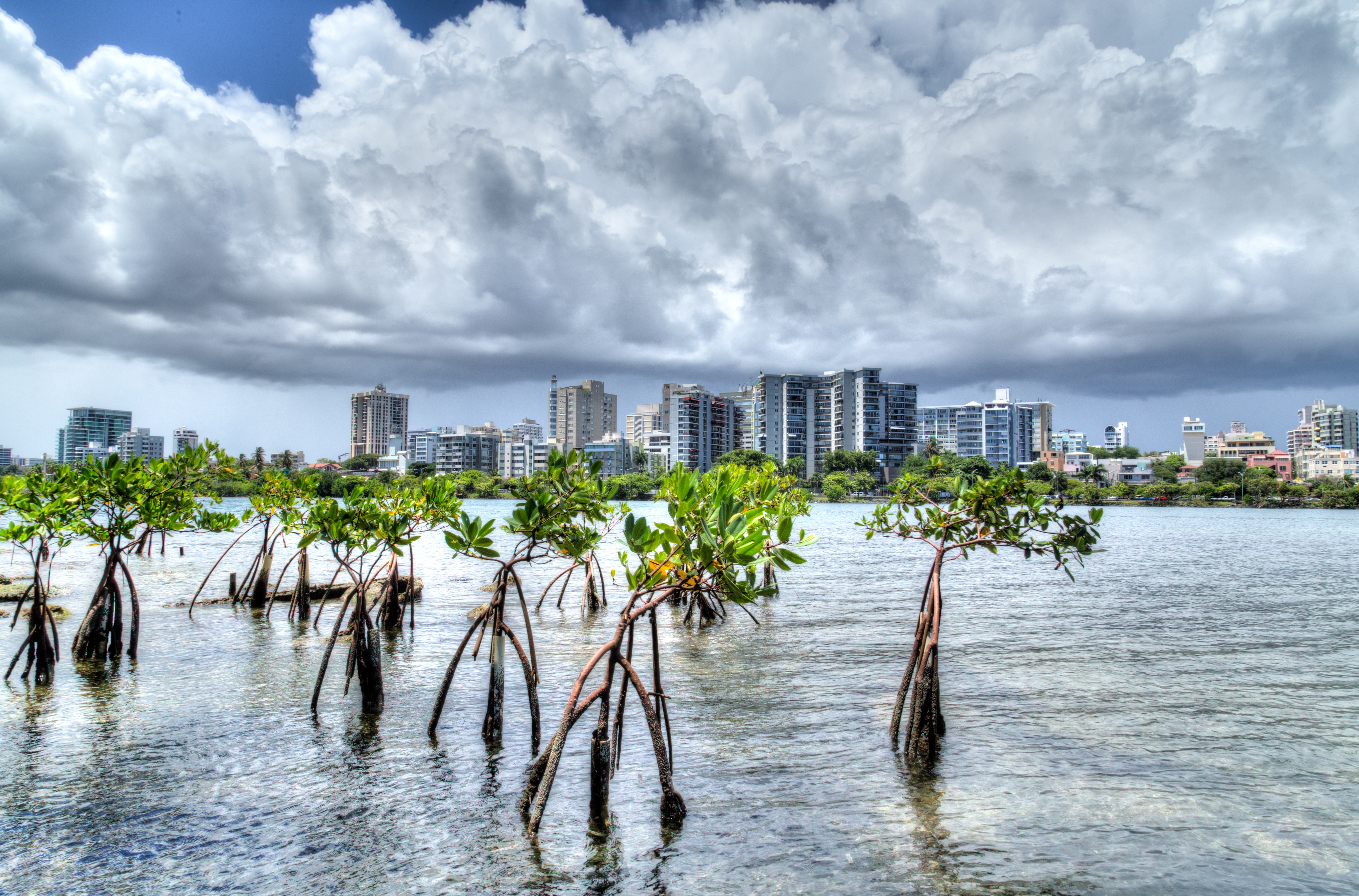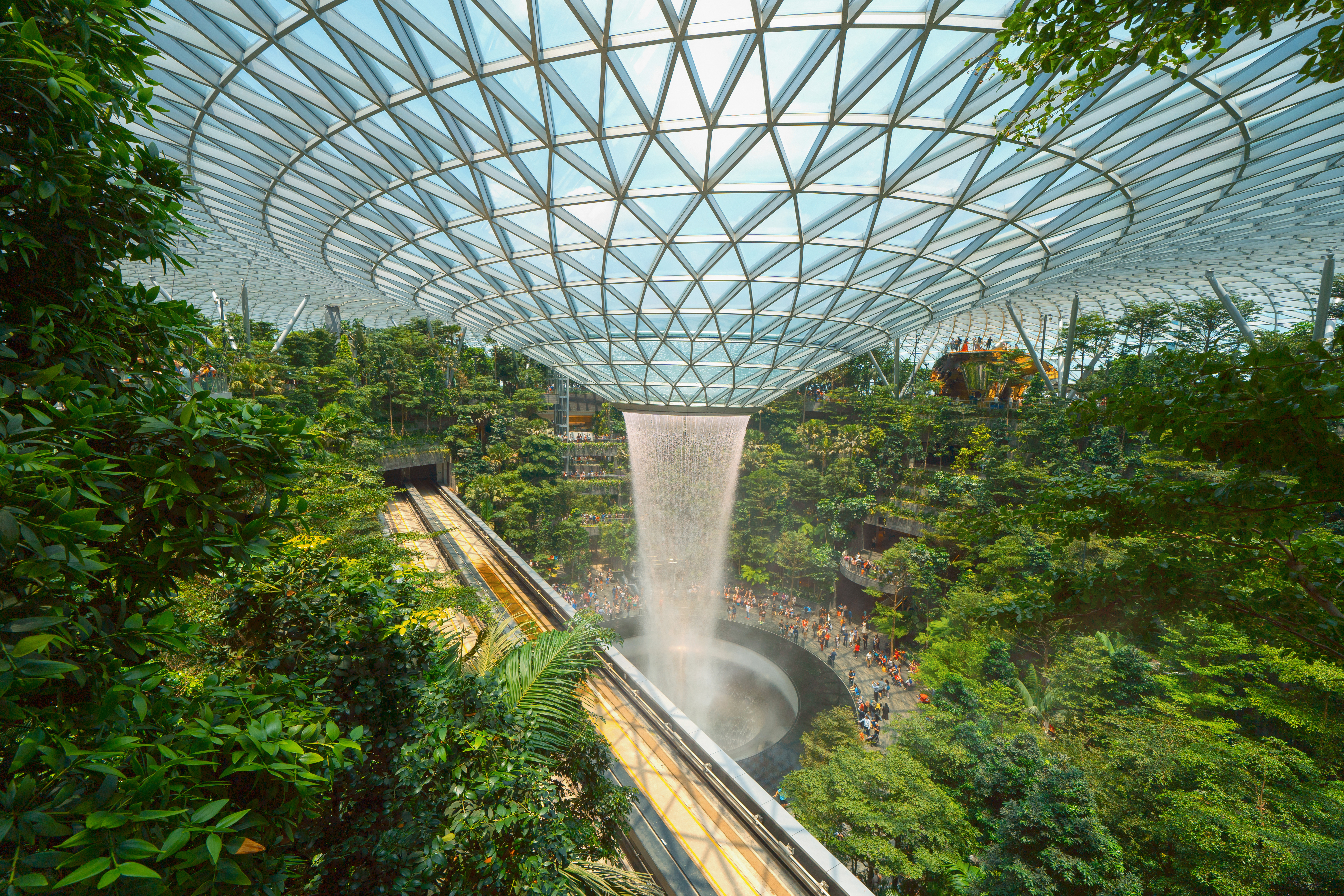Enhancing urban resilience through water and subsurface sensitive development
Urbanization is a major challenge for delta’s worldwide. Cities are growing fast through migration, population growth and economic growth. Climate change poses enormous challenges for these cities, because phenomena such as drought, heat, floods and subsidence will increase. Cities need to adapt to these changing societal and climatic pressures to continue to remain safe and provide inhabitable spaces. Deltares supports municipalities in their adaptation to the effects of climate change, by providing knowledge to assess solutions at different scales, such as the street, neighbourhood, district and entire city. We take the functioning of the water system and subsurface as a starting point, as well as the interaction with all physical (infrastructure, buildings, energy), ecological and socio-economic elements in a city.
Accounting for social vulnerability in urban resilience
It is not straightforward that investments for urban resilience will reach the neighbourhoods and inhabitants who will be hit hardest by changing conditions. Improving resilience needs extra attention for safety and living conditions in vulnerable areas, to reduce – and not increase - social inequality. Deltares developed a methodology to account for social vulnerability in urban flood risk management for the city of Pontianak, Indonesia.
The results will allow the municipality to divide the benefits of flood mitigation measures more equally among the (vulnerable) neighbourhoods. This method will be applied to other regions, in future projects for urban resilience by the Dutch water sector. For the Dutch city of The Hague, Deltares analysed if poorer neighbourhoods are hit harder by local flooding in extreme rainfall events. Another issue is whether they become isolated for longer periods of time due to a lack of robustness of the infrastructure. This work resulted in a map of vulnerable spots, so that the municipality can give those neighbourhoods extra attention when working on adaptation of the road network to extreme rainfall events.
Urban nature-based solutions
A promising category of measures for urban resilience are nature-based solutions (or blue-green measures). These solutions use the local ecosystem to provide resilience, as well as improvement of liveability and biodiversity. They are often used in combination with grey infrastructure, such as barriers or drainage systems. Deltares has developed knowledge and tools to facilitate the design and implementation of nature-based solutions, including the Climate Resilient Cities Toolbox.
As a co-coordinator of the Dutch Climate Resilient City research program (NKWK-KBS) Deltares supervised the work package in which guidelines are developed for municipalities to reduce heat stress. We furthermore assessed how municipalities can create green spaces that make the city more resilient to heat, but also act as water retention basins in wet conditions. These green spaces are a good example of urban nature-based solutions because they use ecosystem services to reduce climate change impact, improve the urban space for inhabitants and support biodiversity. The results of the studies are available through the knowledge portal on climate adaptation.


Assessing and enhancing urban resilience worldwide
To assess climate risks in cities worldwide, Deltares developed an Urban Climate Risks methodology which allows for a rapid assessment based on global data and automated modelling. We are capable of analysing climate risks in cities up to a certain degree. With the current methods, we can identify meaningful differences between cities for both shocks (coastal, fluvial and pluvial flooding) and stresses (heat and drought). Information on vulnerability to weather-related hazards can be used by cities to determine protection levels and to prioritise where and which threats should be tackled first in order to make cities resilient. This became clear, based on risks assessments for a set of 97 cities from the Resilient Cities Network, complemented with semi-structured interviews with 9 Chief Resilience Officers from different cities.
We have actively contributed to making cities safer by working on reducing flood risks, such as in the cities of Bangkok and Yangon. Hydrodynamic models (D-Hydro 1D2D) were continuously updated based on collected water system data. Analysis tools gave us a better understanding of the functioning of the water system and helped us choose measures to reduce flood risks. Combining models and tools allowed us to develop an early warning system, which helps to protect the residents of Bangkok against floods.
After the extreme rainfall event in 2021 in Germany, Belgium and the Dutch Province of Limburg, we conducted a ‘water bomb experiment’ to study the possible effects of this type of rainfall in other parts of The Netherlands. The study showed that in many cases our water system can not cope with this amount of water. In continuation of our work, stakeholders are now extensively studying the local and regional implications of this extreme event, and water authorities are using it to advocate the importance of increasing resilience through permanent spatial reservations for peak water storage.
Realizing impact
The knowledge and guidelines that Deltares has developed on urban resilience, supports cities in adapting to changes under both climate and societal pressures. So that in the coming decades, Delta cities provide safe and sustainable living conditions.
View SDGs
View Dutch missions

